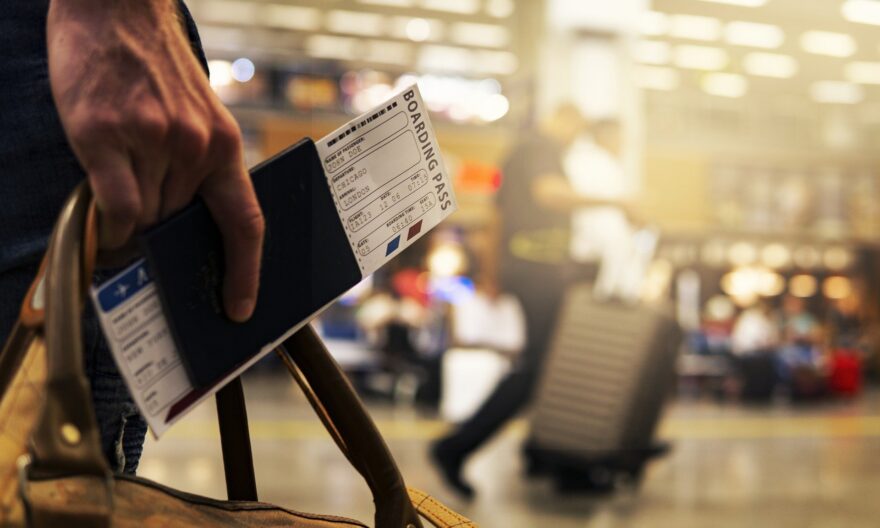
In a statement published last week, the World Health Organization (WHO) announced that international travel bans should be lifted, stating that bans “do not provide added value”.
The statement, which was made during the tenth Emergency Committee meeting since the start of the pandemic, detailed some of the advantages and disadvantages of travel bans and whether or not they should be scrapped going forward.
According to the agency, travel bans “are not effective in suppressing international spread (as clearly demonstrated by the Omicron experience)”
The statement continued to say that, as a result of this, the latest guidance is that countries should “lift or ease international traffic bans as they do not provide added value and continue to contribute to the economic and social stress”.
In addition to this, it has urged that, instead of bans on travel, other measures should be used to curb the spread of the virus. It said, “Measures such as masking, testing, isolation/quarantine, and vaccination should be based on risk assessments and avoid placing the financial burden on international travelers.”
In recent months, most countries had started reopening their borders to international travelers, providing they are fully vaccinated or have proof of a negative test. This includes the US, which opened its borders to fully vaccinated travelers in October 2021.
Despite some restrictions being reintroduced after the emergence of the Omicron variant, the WHO has urged that a measured approach should be taken, especially when access to vaccines varies so greatly between richer and poorer countries.
Showing proof of a negative test at the border has been the norm in the last few months. However, the WHO claims that this should no longer be the only pathway.
Instead, it’s calling for a “risk-based approach” which would include “lifting or modifying measures, such as testing and/or quarantine requirements, when appropriate”.



